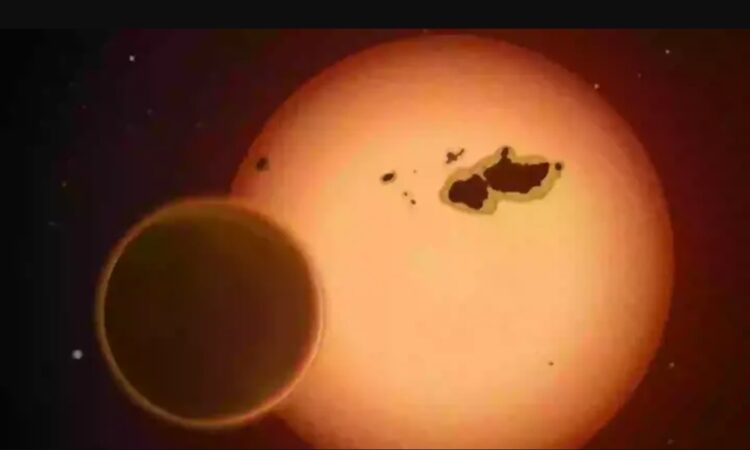Scientists discover ‘Super-Earth’ planet that could provide answer for finding extraterrestrial life

Scientists from the Chinese Academy of Sciences have made a fascinating discovery using a new method. They found a planet outside our solar system that could possibly support life. This might be an important step in the search for life beyond Earth.
The planet is called Kepler-725c, and it’s located about 2,400 light-years away from us. It belongs to a group of planets known as “Super-Earths,” which are larger than Earth but smaller than planets like Neptune or Uranus. These planets can be made of rock, gas, or a mix of both. Although the name “Super-Earth” might sound like it’s a better version of Earth, it actually just refers to the size.
What’s exciting about Kepler-725c is that it lies in what’s called the “habitable zone.” This is the region around a star where it’s not too hot and not too cold just the right temperature for liquid water to exist. Since water is essential for life as we know it, this makes the planet especially interesting.
Kepler-725c is also believed to have a rocky surface, similar to Earth. That means it could potentially have both land and oceans. It orbits its star in about 207.5 days, which is a bit shorter than a year on Earth. The star it orbits is also relatively young about 1.6 billion years old compared to our Sun, which is around 4.6 billion years old.
NASA says we still don’t fully understand these kinds of planets because there’s nothing quite like them in our own solar system. But based on their size, they could have many different forms some might be icy, others watery, and some might be mostly gas.
The scientists found Kepler-725c using a method called Transit Timing Variation (TTV). This technique looks at how the timing of a planet passing in front of its star changes. If the timing is a bit off, it can be a clue that another planet’s gravity is affecting it. That’s exactly how they discovered Kepler-725c—by noticing strange timing caused by its gravitational pull.
The researchers believe this planet could possibly support life similar to what we know on Earth, but they’re not making any promises yet. More research is needed to confirm if Kepler-725c really has the right conditions for life. For now, it remains one of the most promising leads in the ongoing hunt for extraterrestrial life.




